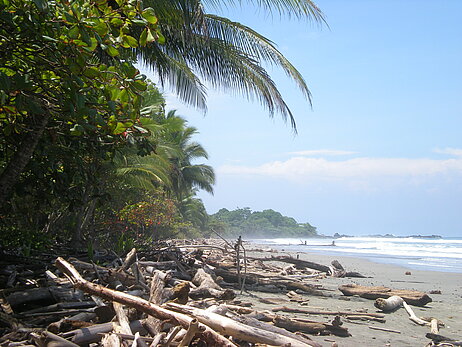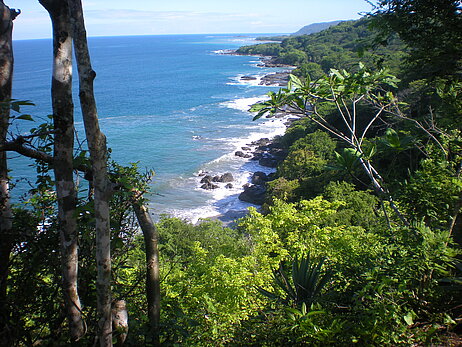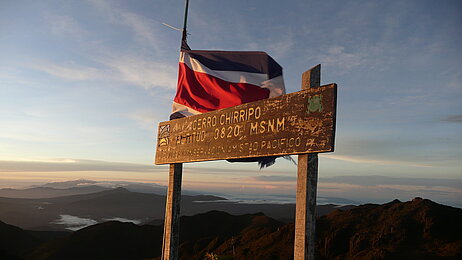- Internationalisation "at home"
- Doing an internship aroad
- Studying abroad
- Taking a "gap-year" agroad
- Scolarships to finance international mobility




The ENGEES encourages its engineering students to gain international experience in order to strengthen their ability to find employment in the field of water and environmental engineering.
The international strategy of the ENGEES is based on developing internal internationalisation, known as “internationalisation at home” (language courses, teaching in English, welcoming foreign students).
It is also based on strengthening student and teacher mobility. Engineering students are thus required to spend one semester (minimum 17 weeks) abroad during their course of study.
For students with apprentice status, the minimum period abroad is 9 weeks. It is carried out in a subsidiary of the host company or in another entity, in which case an agreement must be drawn up between the company that signed the apprenticeship contract and the entity hosting the apprentice.
Foreign language courses
All engineering students must take two modern language courses (including English) during the first two years of the degree course.
For the second language, students with student status (civil servants or non-civil servants) can choose between German, Spanish, Italian, Russian, Japanese and Chinese. Apprentices can choose between German and Spanish.
It is also possible to invest in learning a third modern language.
To obtain the engineering degree, students must reach the minimum level B2 of the European Framework of Reference in English. This level is considered to have been reached with a score of 785 on the TOEIC, a test adopted by the ENGEES. Exemptions of 550 points for foreign students entering the 2nd year and students who have passed the internal selective admission may be considered.
Students have access to diversified teaching resources adapted to their levels in order to reach the required level.
Technical teaching in English
The ENGEES is developing the teaching of its technical subjects in English. The objective is to reach 20% of teaching in English. These courses include both technical and linguistic learning objectives (work on English language resources, acquisition of technical vocabulary in English, project presentation support in English, etc.)
Preparing vocational integration
Students benefit from preparation for international vocational integration:
Reception of foreign students
During the course at the ENGEES, internships are carried out every year. They can all potentially take place abroad.
1st year: 1-month “placement” internship
2nd year: 3-month “engineering practice” internship
3rd year: 4 to 6 months' “end-of-study work”
For details on the challenges of the different types of internships, please see the description page.
Each internship is defined by educational objectives which are distributed to students and host organisations. Students are invited to research their internships themselves (organisation and subject; possible negotiation of remuneration). They have at their disposal the proposals sent spontaneously to the school by the host organisations as well as all the information concerning internships carried out in previous years.
Going to study abroad for a semester (or more) during your course of study is a wonderful opportunity both professionally (CV, language skills, additional training) and personally (openness to other cultures, ability to adapt, unforgettable memories, etc.).
The ENGEES has a range of academic partnerships that allow you to study abroad for one, two or three semesters (in the case of double degrees).
You can do:
In all cases, a study contract is drawn up and validated by the ENGEES, the host university and the student, which allows the validation of the courses received at the partner's institution.
The school offers double degrees with eight partners around the world, specialising in a variety of themes. This is an important investment because studying for a double degree usually involves extending your studies by one semester. It's a great boost to your CV, especially if you plan to work abroad.
List of double degrees
Each double degree has a specific format and constraints (schedule, cost, etc.): for more information, please contact the international department.
Spending a semester abroad
All of the ENGEES partners are open to welcoming students in their courses for one or more semesters. These are exchange semesters, which allow you to validate ECTS credits as part of your engineering degree, but do not involve obtaining a second degree. It is up to you to study the programmes and destinations that you find most rewarding for your career.
Some of this mobility is supported by scholarship programmes (Erasmus, FITEC scholarships).
It is also possible to take a gap year abroad, usually between the second and third year of engineering education. Applications are studied on a case-by-case basis and validation depends on the quality of the application submitted.
There are two types of gap year: supervised gap years for which internships can be carried out (agreements, supervision by the school) and non-supervised gap years (all other activities).